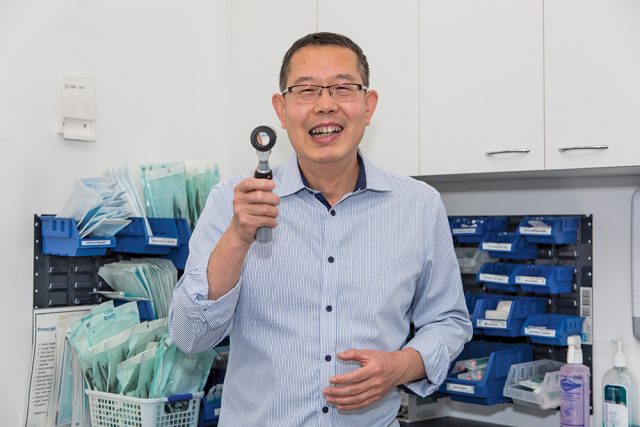This summer, parents and carers are being urged to protect both themselves and their children from the sun, with an alarming number of children and young people being treated in emergency departments for sunburn.
In launching the NSW Skin Cancer Prevention Strategy 2023-2030 alongside NSW Chief Cancer Officer Professor Tracey O’Brien, Health Minister Ryan Park asserted that more needs to be done to reduce the incidence of skin cancer.
“It is pretty shocking to hear more than 800 people presented last financial year to our state’s EDs with sunburn, with the majority children and young people,” he said.
“Melanoma is the deadliest form of skin cancer, and by the end of the year, we anticipate close to 6,000 people in NSW will be diagnosed with this devastating cancer.
“Even mild exposure to the sun can lead to damage and I’m confident our latest Skin Cancer Prevention Strategy will help build on decades of skin cancer prevention work in NSW and save more lives.”
Two in three Australians will be treated for skin cancer during their lifetime, with 95 per cent of melanoma and 99 per cent of non-melanoma skin cancers caused by overexposure to UV radiation from the sun.
O’Brien added that high sun exposure in the first 10 years of life more than doubles a person’s risk of developing melanoma skin cancer.
“Australia has one of the highest skin cancer rates in the world and protecting our skin from the sun from a very young age, and into adulthood, is key to reducing our risk of skin cancer,” she said.
“When people think of skin cancer risk, they often think of a day at the beach, but in NSW, UV radiation levels are high 10 months of the year which is why its vital people protect their skin all year round, even on cool and cloudy days.
“This new strategy is about working across government and community to ensure people are empowered and supported to protect their skin when at school, work and enjoying the outdoors.”
Agreeing that Australia’s UV radiation levels can be incredibly dangerous, Dr Xiaoping Zhang from Medeco Skin Cancer Clinic in Penrith noted just how important it is to stay sun safe.
“My top tip is still to wear sunscreen,” he said.
“It’s also important to wear long sleeve shirts, wide brim hats, and try to avoid peak time in the sun.”
However, Zhang’s biggest piece of advice is to start seeing a doctor for skin checks early and regularly, particularly if you have a family history of skin cancer.
In particular, he suggests taking little ones to a GP to check moles if anything looks concerning, before beginning full body checks in their teens.
“The most important thing is to start to see a skin cancer doctor for general checks and regular reviews,” he said.
“If we detect skin cancer early and we can use the proper treatment, it won’t cause any life span shortage.”

Cassidy Pearce
Cassidy Pearce is a news and entertainment journalist with The Western Weekender. A graduate of the University of Technology Sydney, she has previously worked with Good Morning Macarthur and joined the Weekender in 2022.

